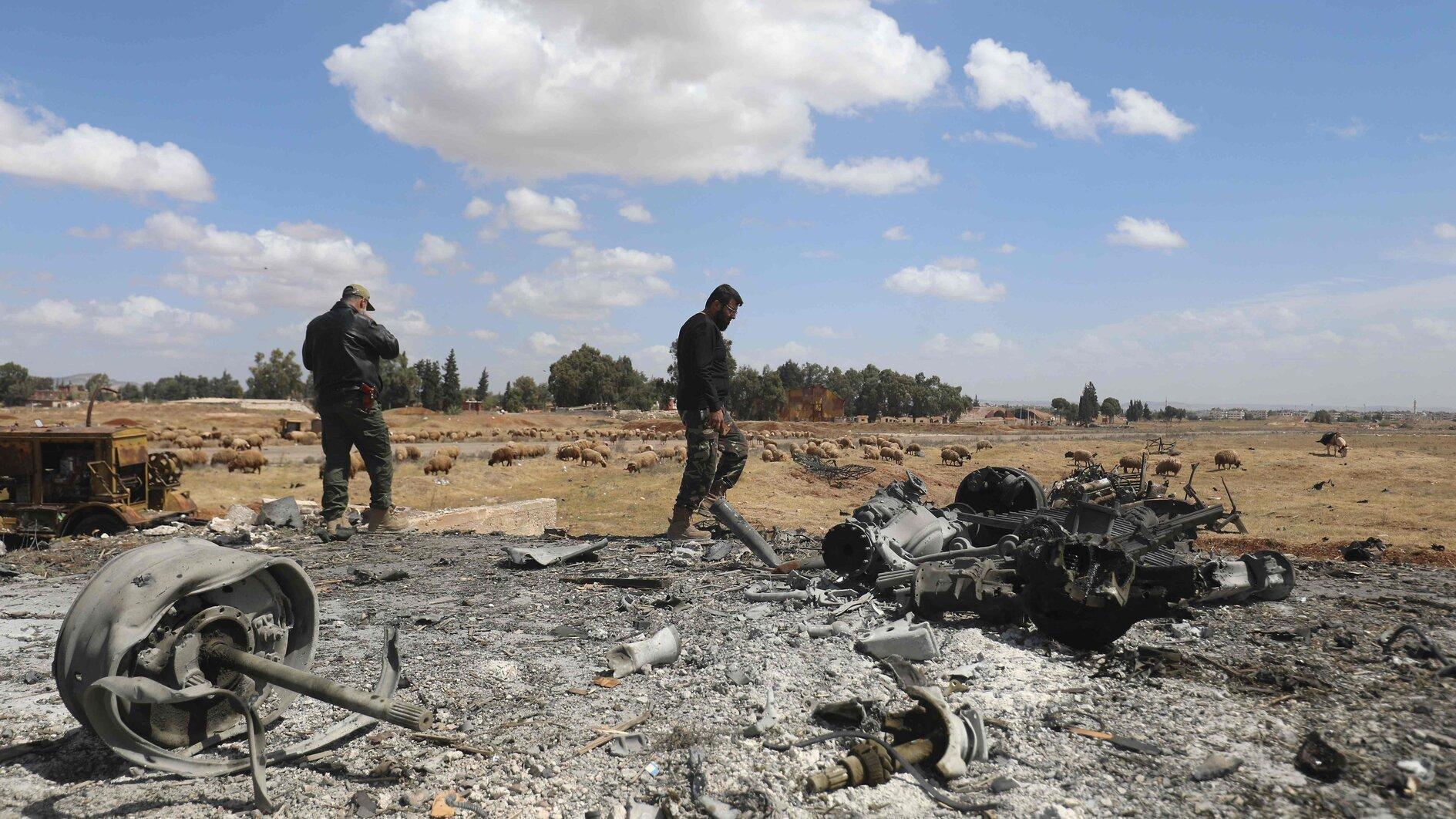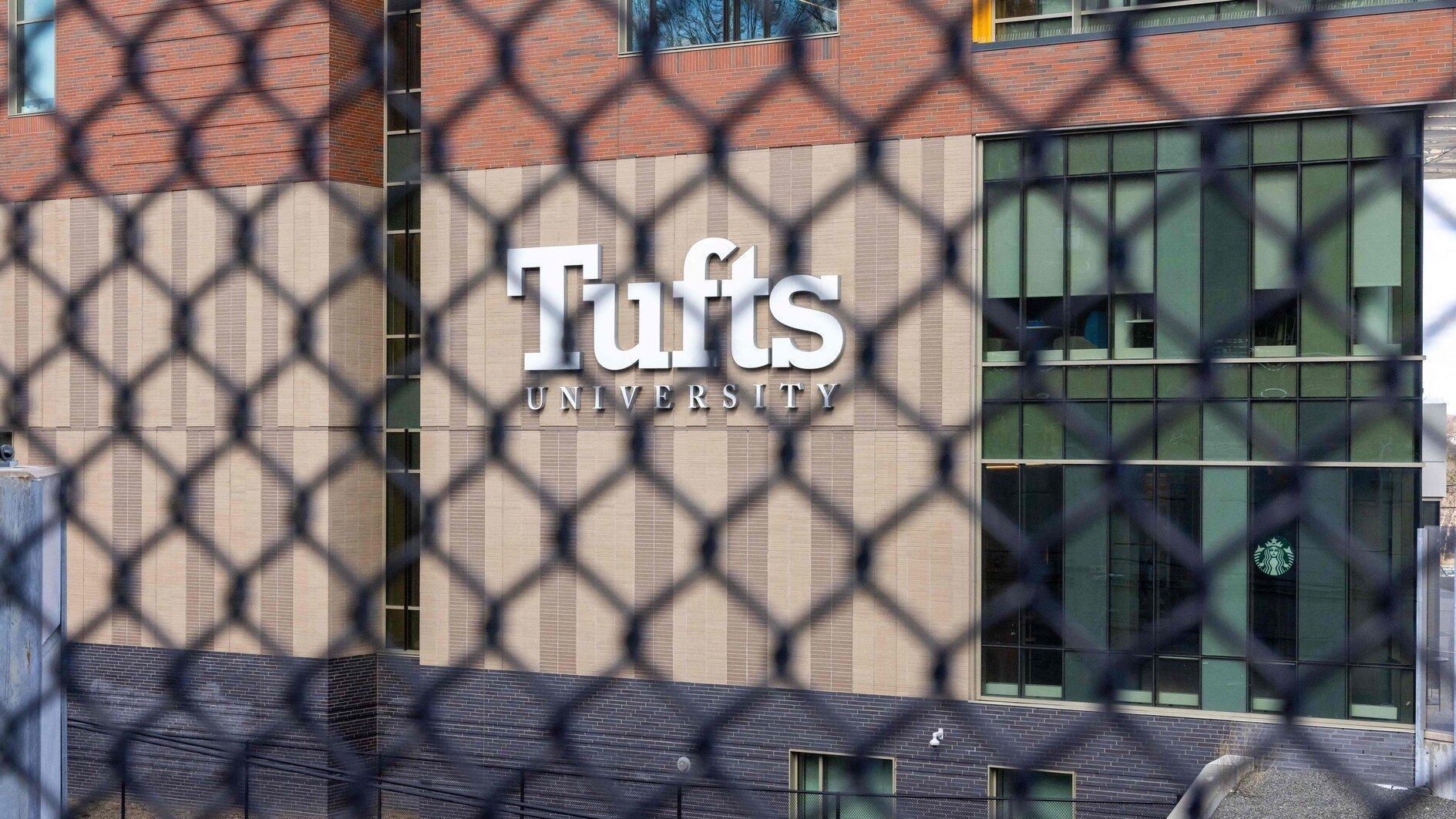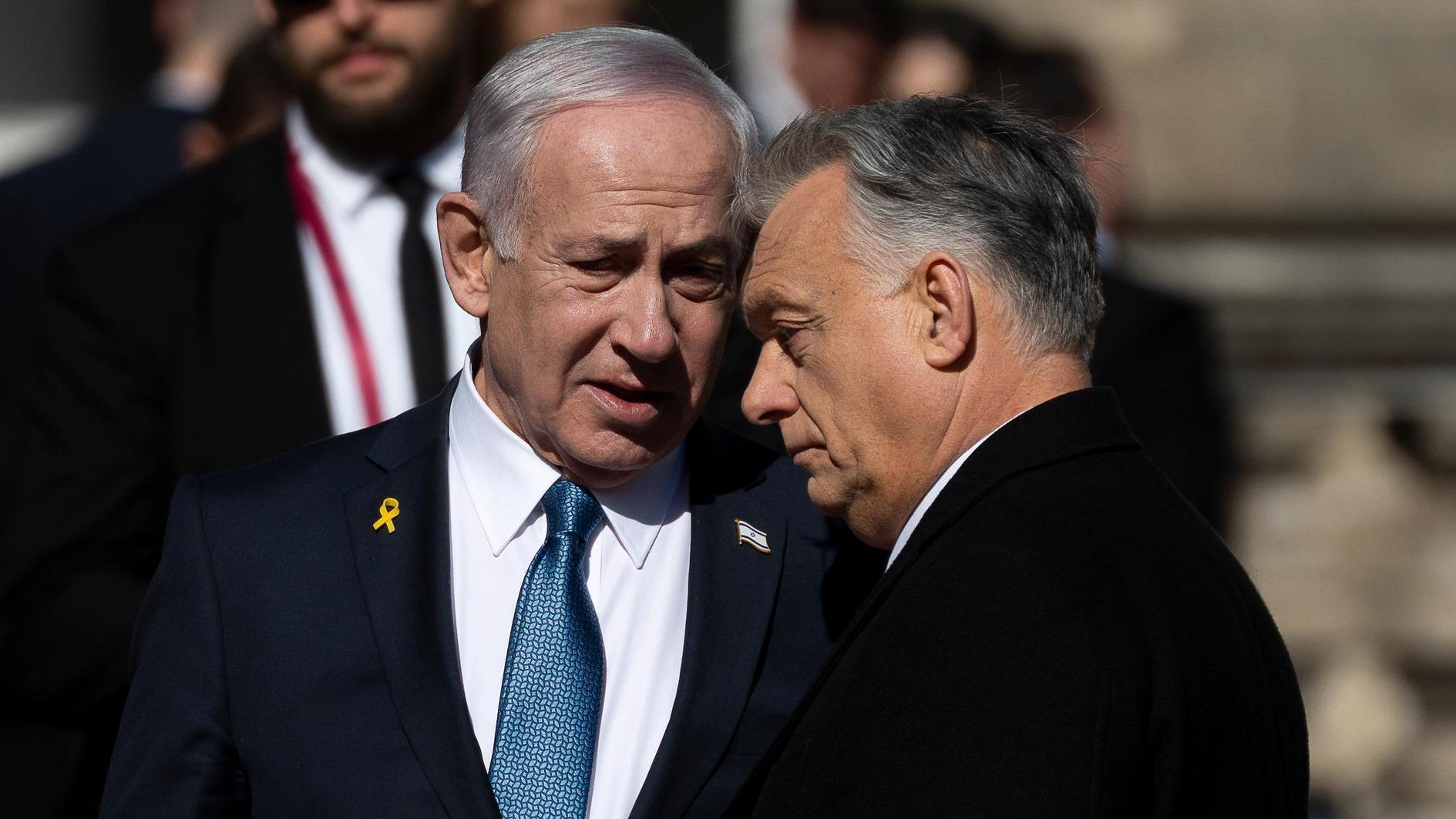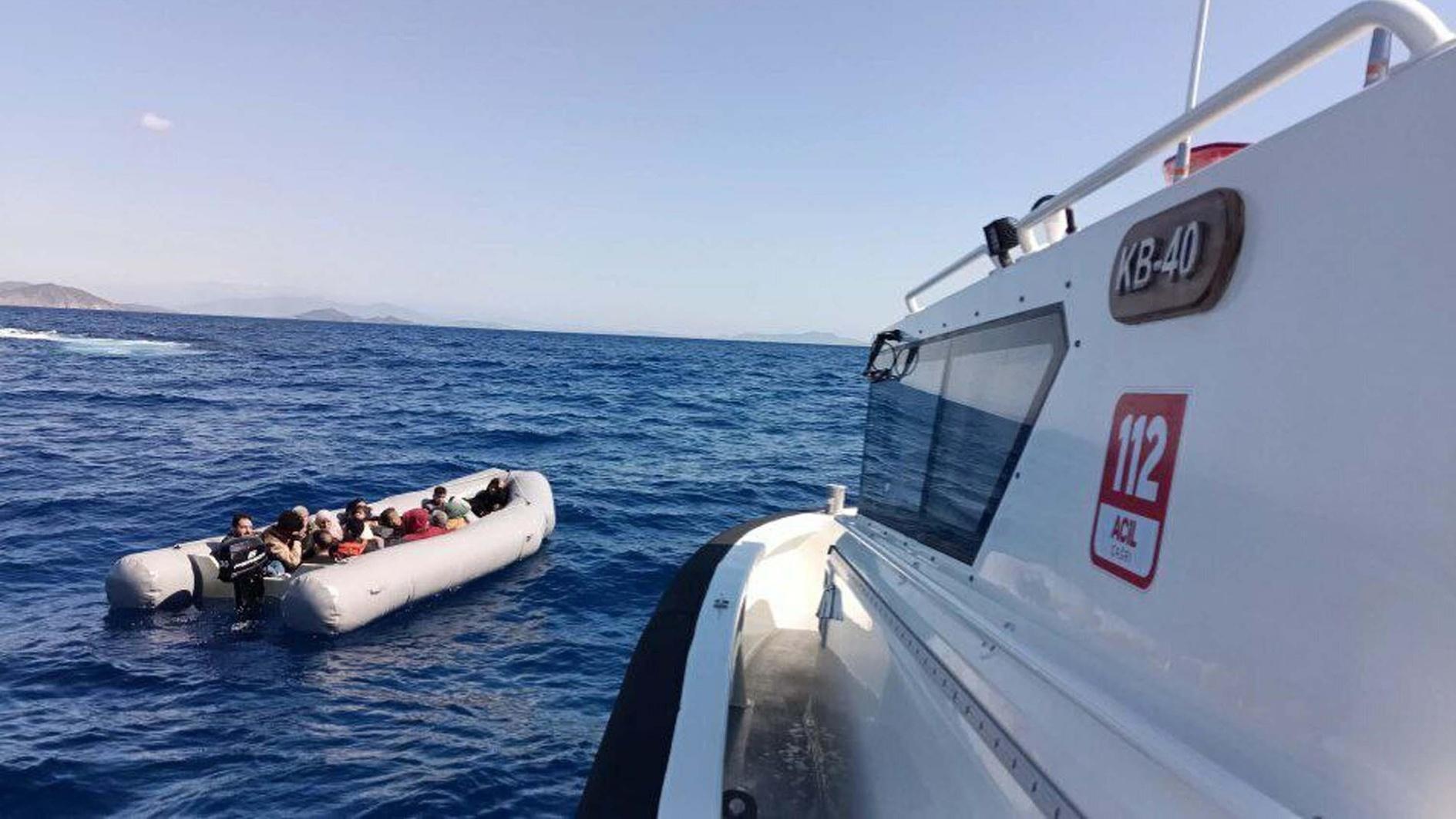Turkey’s traditional problems and Prime Minister Erdoğan
The government is trying to deal with historically bequeathed traditional problems. These are the Kurdish problem, the Alevi question and the secular-Islamist divide. They are interwoven problems and when they trigger each other, their cumulative effect could become more complex than it may first seem and more difficult to manage. Sometimes there might be a number of reasons incorporated into a unified identity that pushes a single actor to become an activist or a dissenter. Embracing an “official” function representing one of the sides will only make it more difficult for the government to manage the problem.
The demonstrations triggered by the Taksim Gezi events spread to other Turkish cities. The cities or suburbs where there are no demonstrations give an idea regarding the deepening of the divisions along the above-mentioned lines. For instance, in order to understand the meaning, source and participants of the demonstrations in Hatay, one needs to look at the local conditions. There, the demonstrations are driven by Arab Alevi citizens and the background is informed by the reaction against the government’s Syria policy. On the other hand, among the major drives of protests in big cities like Ankara, Istanbul and İzmir are the Alevi identity, the opposition to the government and the secular-Islamist polarization.
Alevis are indirectly trying to voice their concerns by using the opportunities presented by the Gezi events. Most of the time, they do not emphasize their sectarian identities in order to avoid dividing the opposition bloc and overshadowing the demonstrations with sectarian debates. They position themselves under the bigger secularist umbrella. They underline their sectarian identities, not openly, but covertly. The choice of the latter option is driven by their concern regarding a sectarian conflict.
On the Kurdish front, that is, the third and classic fault line, the developments are interesting and tense. Because the government did not want to fight on both fronts, they tried to maintain order in the streets as they tightened and kept to the schedule of “diplomatic” negotiations with Öcalan. The fact that the PKK supporters’ contribution to the demonstrations remained at a symbolic level is a byproduct of negotiations. Still the Kurdish front was not happy with the perception that the negotiations fell off the radar, as Peace and Democracy Party (BDP) leader Demirtaş stated.
In order to face all challenges, Erdoğan will have to keep his supporters together with local election rallies to keep his symmetric rivals busy, manage the asymmetric street demonstrations, and finally, produce creative ideas that will keep the PKK away from both the mountains and the streets.











